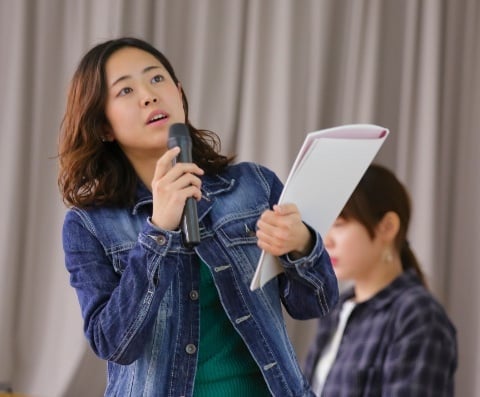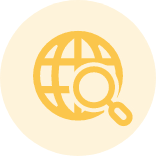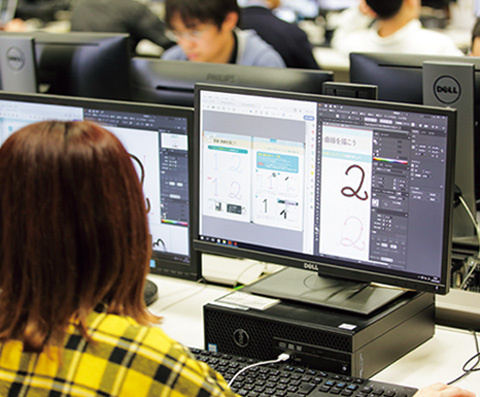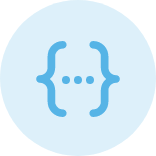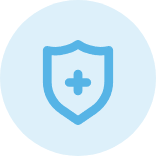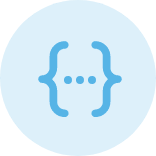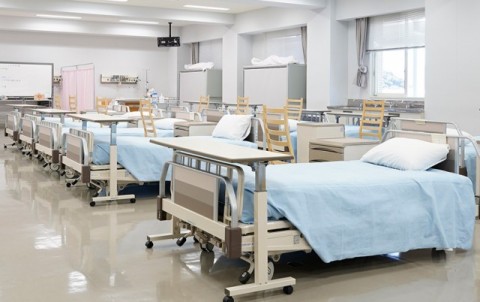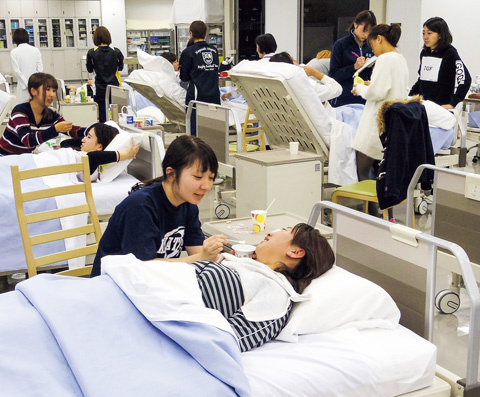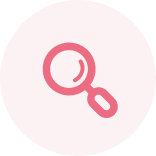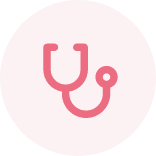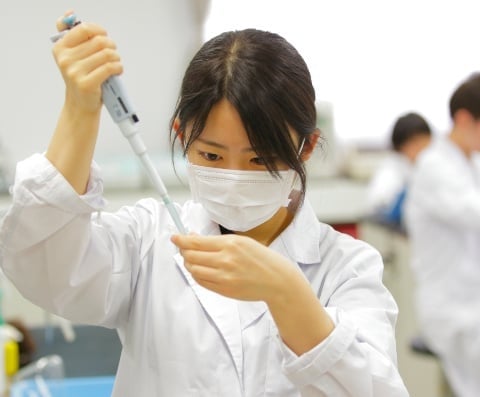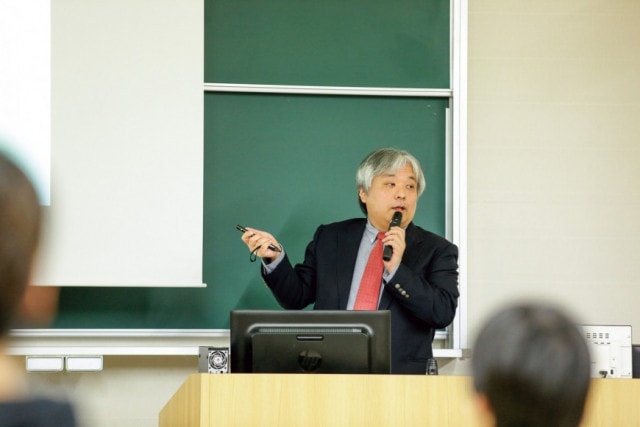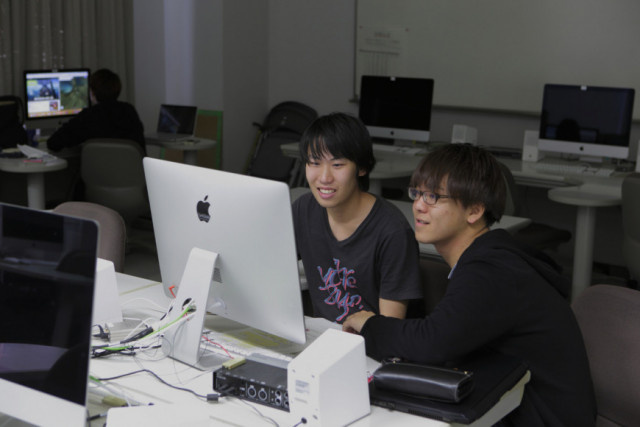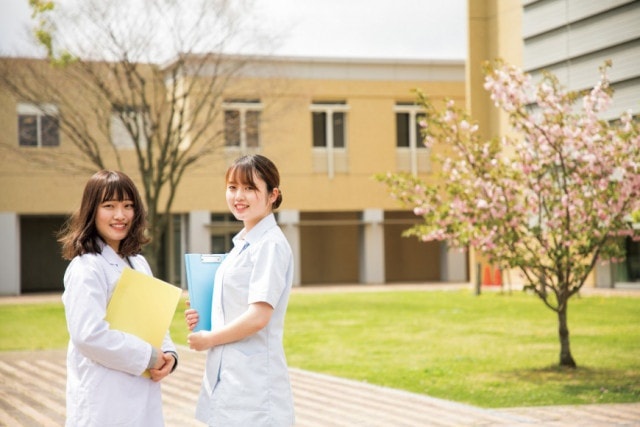The field of basic nutritional science, which gets close to the true essence of life science and nutritional science, and the field of practical nutritional science, which focuses on the societal contributions of nutrition as a practical science. We aim to raise human resources through education and research in these two fields.
In the Graduate School of Human Health Science - Division of Nutrition Science (Doctoral Program), we use the latest knowledge and our practical skills related to "diet, exercise, and health" to further maintain and improve health, high quality eating habits, and nutritional circumstances. Through our scientific understanding and pursuit of improvements, we aim to contribute to the improvement of our students' academic levels in these specialized fields, and raise talented students to use this knowledge and the following knowledge and abilities.
① Gaining specialized knowledge and skills to become researchers that can progress using their research at an international level in the fields of basic nutritional science and practical nutritional science.
② Creating a point of focus on the maintenance and improvement of one's health and the ability to lead research that will help raise the next generation of specialists.
③ The leadership and practical knowledge/skill to work as a high-level professional in healthcare, medicine, or social services.
In recent years, there have been remarkable discoveries in the life sciences, including physiology, biochemistry, molecular biology, cellular engineering, and genetic engineering. Through these discoveries, research into how the nutrients that humans ingest function and work towards the phenomenon of life, as well as the processes that lead to the expression of these functions, is progressing rapidly. On the other hand, here in Japan the aging of the population is progressing at an unprecedented rate, and thus the importance of nutritional initiatives in response to this is increasing. Through the comprehensive understanding of fragmented and highly specialized knowledge and the formation of basic nutritional information directed at new problems, students learn how to recognize biological changes due to aging and disease from a nutritional perspective and to help in the maintaining of health and prevention of lifestyle diseases. In addition, through practical research into human nutrition with people as the target, students can bring health and nutrition problems in patients' daily life to light with the goal of trying out plans useful as responses to said problems and returning the results to society. To this end, we provide education that allows students to learn about lipid metabolism, bone metabolism regulation, biological changes when exercising, vitamin metabolism and other biological metabolism mechanisms, as well as the connection between disease and diet, diet safety, comprehensive biology (homeostasis), and aging changes in classes, and to study concepts related to biology and nutrition at the atomic, cellular, and body levels.
Beyond these, once you have acquired the basic skills necessary for research in this field, we aim to nurture your practical skills and help you become a technical expert and researcher who has both the capability for research development and creativity. Furthermore, through animal testing, cellular experiments, and other means, you will gain understanding on the physiological metabolism for received nutrients as well as its abnormalities, the relationship between nutrients and aging, and the role of bodily functions for micronutrients, and develop the necessary skills for this research. In addition, based on this understanding, you will gain applicable skills directed at people groups, and establish operational plans for epidemiological research on subjects such as the health and ingestion status of nutrients in a person's daily life, the connection between social environments/dietary environments and health, and social structures and dietary habits, health education, and nutritional education. Through this education and research, you will come to have high-level specialized knowledge and research skill, and we will help you grow into a capable and talented public nutrition specialist with the opportunity to progress as a clinical nutritionist in a position of leadership in team medicine, as well as in positions such as in research and investigation applicable to health policy, and health/healthcare/medical administration.
ーIn addition, when considering that we are a public university rooted in the region, we place importance on choosing research themes in this field based on the needs of the local community, and want to provide direction to students and human resource development.































